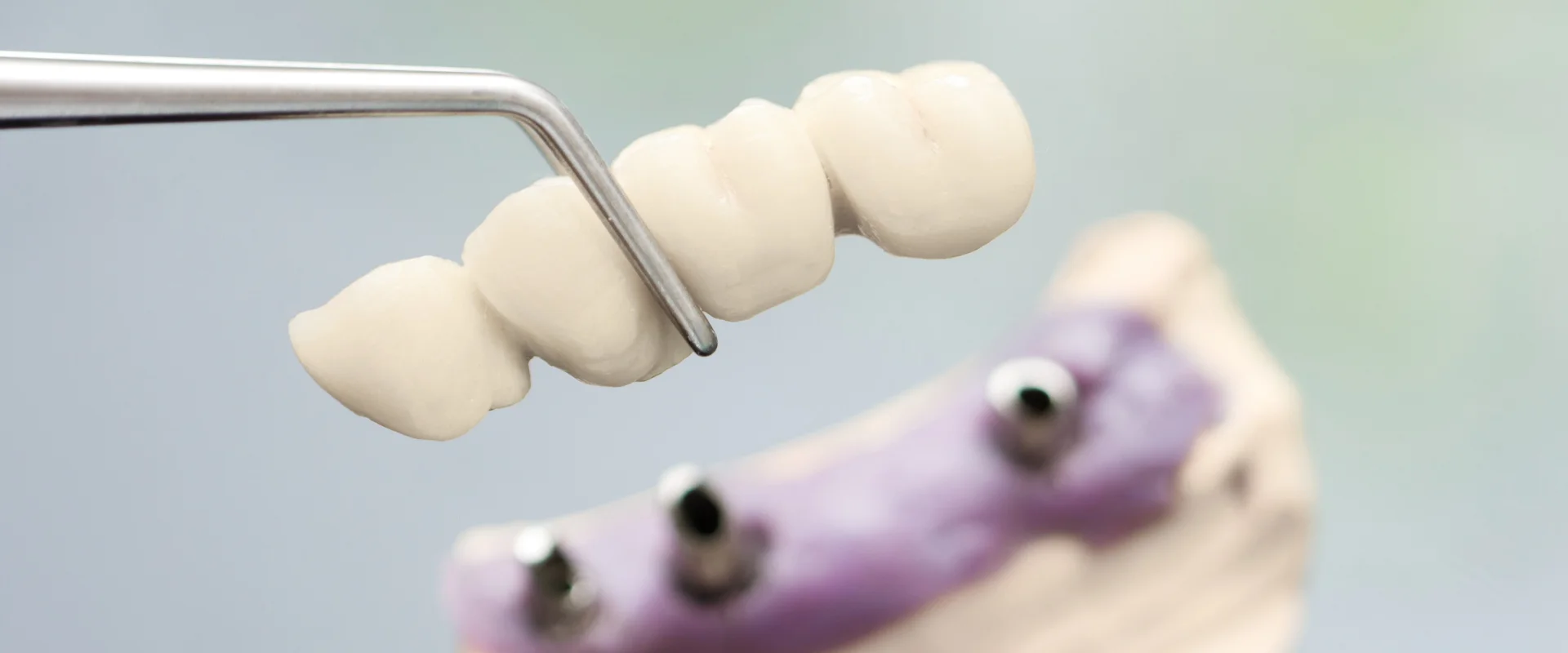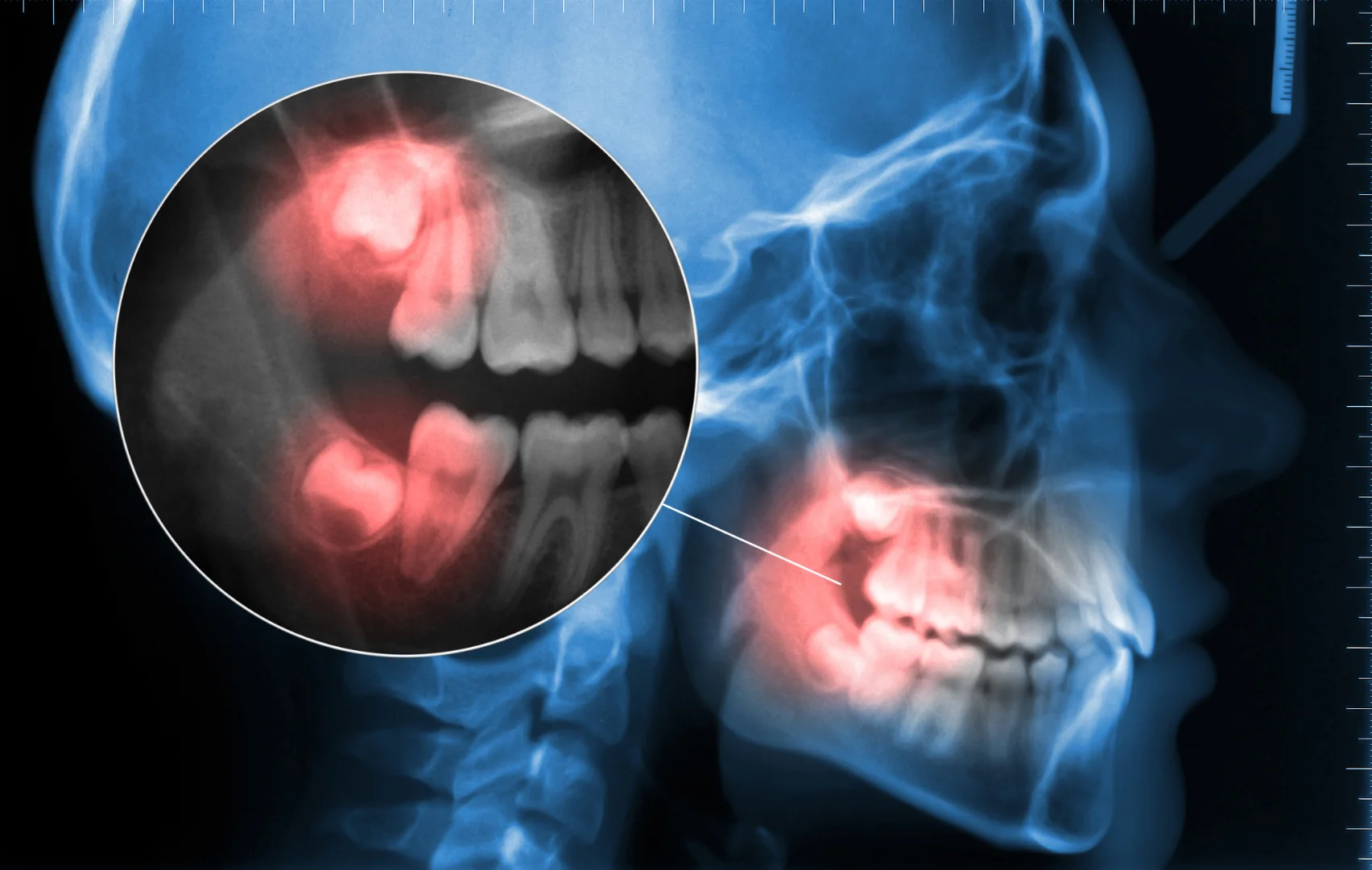For individuals who are missing teeth, deciding whether to get dentures or implants is an important decision. In fact, up to 70% of all adults between 35–44 years old are missing at least one tooth due to gum disease, injury, or other factors. Many people are faced with the question “dentures or implants?” Both dentures and dental implants are considered treatment options for missing teeth, each with unique benefits and drawbacks. Making an informed choice between these treatment options requires understanding the differences between them. When deciding, it is important to consider various factors such as cost, health, and lifestyle to determine which option best suits your needs. The American Dental Association provides professional standards and guidelines to help ensure you receive the most appropriate tooth replacement option. Understanding exactly what dentures or implants can do will help you make this decision so you can get the smile you deserve.
Exploring Denture Options
Dentures remain a popular and traditional choice for tooth replacement, with several types available to suit different needs. Full dentures are designed to replace all the teeth in either the upper or lower arch, restoring function and appearance for those who have lost all their teeth in a given area. Partial dentures are ideal for patients missing one or more teeth, as they fill the gaps between existing teeth and help maintain a natural smile. Overdentures offer additional stability by fitting over remaining natural teeth or dental implants, providing a more secure fit. While dentures are not a permanent solution, they are a cost-effective and relatively quick way to address missing teeth. However, they may require regular adjustments to maintain comfort and function, especially as the shape of your mouth changes over time. Partial dentures, in particular, are a practical option for those looking to restore their smile and chewing ability while preserving their remaining natural teeth.
Pros and Cons of Dentures
Dentures have existed for over 2,000 years, while the technology and quality of denture design has shifted over time. The basic approach used by dentures has remained fairly consistent. Dentures allow individuals with missing teeth to replace some or all of their teeth with removable dentures that use a denture adhesive to stay in place throughout the day. Denture adhesive can help improve the fit of dentures, especially when jawbone resorption causes instability, but it can be messy and add to the cost. Partial dentures may use metal clasps to attach to existing teeth, providing retention and stability, though these clasps are often visible. Precision attachments offer a more discreet and aesthetic alternative to metal clasps for securing partial dentures, resulting in less visible metal components. Some dentures are also supported by a metal framework, which adds stability and more closely resembles the function of natural teeth. One of the key benefits to dentures is that they are relatively affordable.
The problem with dentures is they can be uncomfortable. Since you use a denture adhesive to put in your dentures everyday, many find their dentures do not feel completely secure in their mouth. Another reason people do not prefer dentures is because of the inconvenience of taking them out and cleaning them every night. For some this is embarrassing, but for most it is just inconvenient. While dentures may be affordable and accomplish the basic goal of giving you something to chew with, many people are turning to newer approaches for more durable and comfortable teeth replacement.
Benefits of Dental Implants
The dental implant procedure is a multi-stage process that involves an initial consultation, surgical placement of the implant, a healing period for osseointegration, and the final fitting of the prosthetic tooth or denture. The healing period is crucial, as it allows the implant to integrate with the jawbone, ensuring long-term stability and success.
As an alternative to traditional dentures, dental implants are becoming very popular. Instead of using an adhesive to glue your teeth in every morning, dental implants provide a long lasting solution and a more permanent solution for missing teeth. By using titanium “roots,” dental implants are surgically inserted into your jaw. Dental implants do not require modification of surrounding teeth, unlike dental bridges. When properly cared for, dental implants can last a lifetime and provide stability and support at the same level as natural teeth. One of the most important benefits of dental implants is confidence; most patients say that having a permanent set of teeth makes them feel more confident than dentures because they do not have to worry about adhesives coming loose or how to discretely adjust their dislodged dentures. Dental implants allow you to enjoy your favorite foods without restriction. They function and are cared for like natural teeth, providing a natural feel and natural appearance similar to real teeth. Restoring your smile with implants can also improve self esteem.
Another benefit of dental implants is that they prevent bone loss. It is not uncommon for people who wear dentures to experience bone loss, but since implants are surgically placed into your mouth, your body reacts to them the same way as it would natural teeth. This helps maintain bone health and preserve facial structure, keeping your mouth health in optimum condition. Dental implants are suitable for older adults, with high success rates even in advanced age. Many patients switch from dentures to implants for better comfort and stability. Dental implants are an effective solution for a missing tooth, restoring both function and aesthetics. Compared to other tooth replacement options, dental implants offer superior longevity, function, and appearance. Your overall health is an important consideration when determining suitability for dental implants. Advancements in dental technology have further improved implant outcomes, making them a reliable choice.
For more information about dental implants, contact Solace implant center & Oral Surgery and book your appointment today to discuss your options.
Jawbone Health and Bone Density
The health and density of your jawbone are critical factors when considering dental implant procedures. Dental implants rely on healthy bone to securely anchor the artificial tooth roots, ensuring a stable and long-lasting result. Unfortunately, tooth loss and gum disease can lead to bone loss in the jaw, which may compromise the success of dental implants. Unlike dentures, which rest on the gums and do not stimulate the jawbone, dental implants and implant supported dentures help preserve jawbone health by mimicking the function of natural tooth roots. This stimulation prevents bone resorption and maintains the structure of your jaw over time. If you are considering tooth replacement, it is important to consult with an experienced dentist who can assess your bone density and recommend the most suitable option for your needs. Regular dental check-ups are essential to monitor jawbone health and address any issues early, ensuring the long-term success of your chosen treatment.
Cost Comparison
When comparing the cost of dental implants and dentures, it’s important to consider both the initial investment and the long term benefits. Dental implants typically have a higher upfront cost than dentures, especially when replacing all the teeth in an upper or lower arch. However, implants offer a more permanent and durable solution, often lasting many years with proper care. This long-lasting nature can make dental implants a cost effective choice over time, as they reduce the need for frequent replacements and repairs. Dentures, while less expensive initially, may require regular adjustments, relining, or even replacement as your mouth changes, which can add to the overall cost. When weighing your options, consider not only the immediate price but also the long-term value and benefits that each solution provides.
Maintenance and Care
Maintaining your dental implants or dentures is essential for ensuring their longevity and your overall oral health. Dental implants require the same daily care as natural teeth, including regular brushing, flossing, and routine dental check-ups to keep your gums and jawbone healthy. Traditional dentures, on the other hand, need to be removed each day for thorough cleaning and should be soaked overnight in a cleaning solution to maintain their fit and hygiene. Regular adjustments may be necessary to ensure a secure fit as your mouth structure changes over time. Implant supported dentures offer the advantage of being firmly anchored to the jawbone, requiring less maintenance than removable dentures and providing a more secure fit. By following a proper care routine and visiting your dentist regularly, you can enjoy a confident smile and the long-term benefits of your chosen tooth replacement option.



